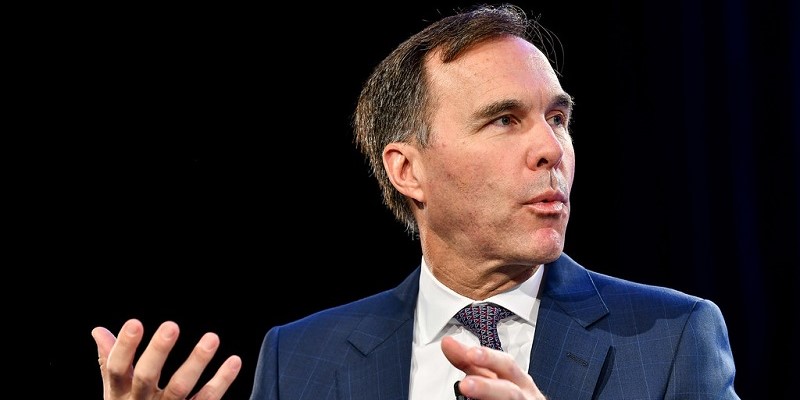Morneau slams Trudeau government—then doubles-down on its misguided policies

In a recent speech to a Toronto business audience, former Finance Minister Bill Morneau harshly criticized the Trudeau government’s economic policies. During his time in office, he said, the government spent too much energy finding ways to redistribute Canada’s wealth and too little trying to increase our collective prosperity.
Morneau highlighted Canada’s slow productivity growth, which is caused by low levels of capital investment and relatively low expenditures on research and development. In a delicious bit of irony, he also lamented the absence of any real sense of urgency in Ottawa about Canada’s lack of competitiveness—though he apparently did not mention, let alone apologize for, a 2018 speech in which he said Canada was one of the best places in the world to start, grow and invest in a business. Nor did he recant an interview with BNN Bloomberg in which he rejected the idea that Canada is not economically competitive.
Better late than never, Morneau has finally joined a long list of economists and business leaders who agree that Canada’s declining rates of private-sector investment and productivity growth are a major problem consistently downplayed by the Liberal government. But while Morneau finally acknowledged this reality, his prescriptions for addressing the problem suggest he still isn’t paying enough attention to business leaders.
For example, he now wants to see a permanent commission focused on improving Canada’s economic growth—although a commission focused specifically on reducing regulatory red tape and wasteful government spending would be more useful. He also favours a fiscal anchor on government spending. That’s a good idea in theory, but if strict legislative limits on spending stem from the same political process that has produced such an explosion in Canadian government borrowing, why should we expect politicians to abide by them?
Morneau could also have said that transferring productive resources from the private to the public sector is a prescription for discouraging collective prosperity. But, indulging in yet more unconscious irony, when recalling his proudest policy achievements as minister of finance, he pointed to the Canada Child Benefit (CCB) and raising the Canada Pension Plan from one-quarter to one-third of recipients’ final pay upon retirement. Prime Minister Trudeau, an indirect target of Morneau’s criticisms, also frequently cites both the CCB and the child-care deals his government has negotiated with the provinces as examples of how his government has promoted economic growth. Like Trudeau, Morneau apparently believes that an expanded government bureaucracy and increased income transfers help promote productivity and economic growth.
And they’re not alone in that belief. In a 2022 speech to the World Economic Forum, U.S. Treasury Secretary Janet Yellen said the Biden administration’s “Build Back Better” agenda, which calls for increased government spending on child care and policies to promote green energy, represents "modern supply-side economics" and a departure from the strategy of deregulation and lower business tax rates.
Child poverty and climate change are legitimate public policy concerns, but addressing them does little to raise productivity or increase industrial competitiveness. If extensive government regulation and generous income support programs were good ways to promote collective prosperity, Morneau would not have found an audience for his speech lamenting Canada’s growth prospects.

